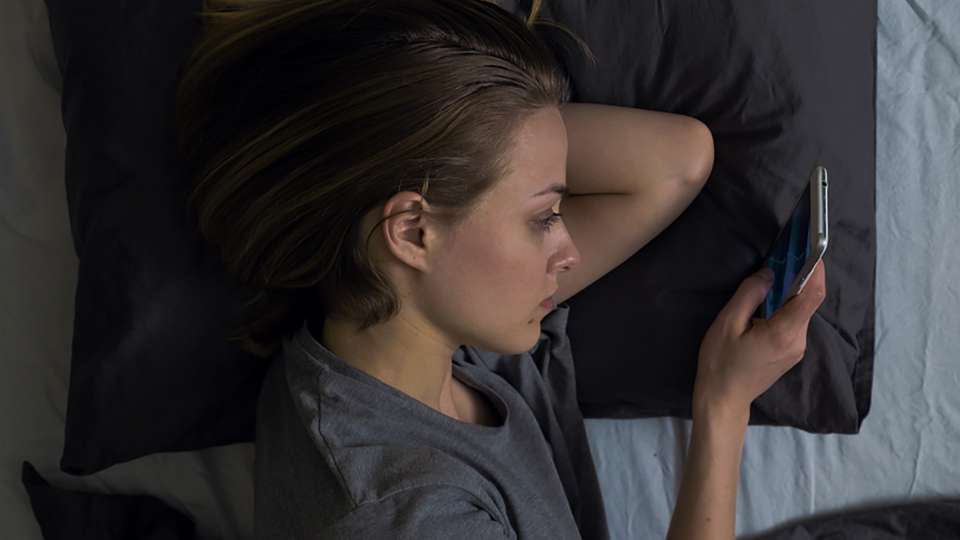
When we think of loneliness, we often think of elderly and homebound individuals. But in our plugged-in and busy modern society, more people of all ages report being lonely.
The U.K. recently hired a minister for loneliness to address the loneliness and social isolation problem across the pond. And former U.S. Surgeon General Vivek H. Murthy has called loneliness a growing health epidemic; almost half of American adults admit to feeling lonely.
Here in the Pacific Northwest, the Seattle freeze can leave newcomers feeling lonely. In some areas of King County, more than 26 percent of people sometimes, rarely, or never get the social support they need, according to the 2017 Greater Seattle Civic Health Index.
This is a problem, because humans are social animals that are hardwired for connection, says Molly Adrian, Ph.D., a clinical child psychologist and assistant professor in the Department of Psychiatry and Behavioral Sciences at the University of Washington School of Medicine.
When we don’t have meaningful interactions with others, it can hurt our health, she says. In fact, research shows that prolonged isolation is as unhealthy as smoking 15 cigarettes a day.
How loneliness affects mental health
There’s a difference between being truly isolated and without contact with others and being “alone in a crowd” where you’re in close physical proximity to others, but don’t experience much social interaction
Not surprisingly, perceived social isolation can lead to an increase in depressive symptoms. In Adrian’s practice, loneliness and social isolation are big issues for kids experiencing depression and anxiety, she says.
“Your natural responses to those feelings are to isolate yourself from others, and that really restricts the fullness of life and contributes to further feelings of depression and anxiety,” she says.
Social media isn’t always social
Part of the reason people are feeling so lonely may have something to do with technology, like social media, which make people feel like they are doing something social but doesn’t really help maintain a personal connection, says Adrian. A recent study found that people who spend more than two hours a day on social media are twice as likely to feel socially isolated than those who spend a half hour or less using social media.
There are both positive and negative aspects to the pervasive nature of social media, says Adrian.
“Teens are obviously huge users of social media content and generate their own content, and that can be a totally healthy outlet for them to meet their developmental milestones,” she says. “But I think when it replaces personal communication, when it’s unbalanced, that that can be contributing to loneliness by feeling left out of activities and observing other people’s lives as opposed to participating in life.”
The quest for belonging
If you’re feeling lonely, there are steps you can take. Adrian recommends spending some time thinking about what’s important to you and what your values are, then taking steps to connect with people with shared values.
If you’re interested in social justice, consider joining a group that does work that you find interesting and inspiring—then show up and make an effort to really connect with people, she says. Building community doesn’t need to involve huge steps. Even just making a point to meet up with friends for dinner regularly, even if you’re all so busy, can help you feel a sense of community.
“If you can have relationships that are meaningful with people you share values and activities with, that’s the antithesis to loneliness,” says Adrian.

 Healthy ideas for your inbox
Healthy ideas for your inbox





